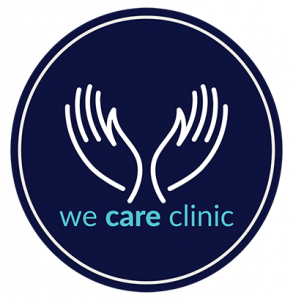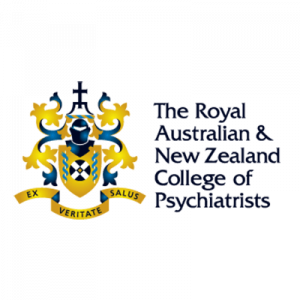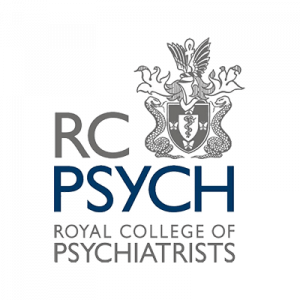Post-Traumatic Stress Disorder (PTSD)
PTSD is a prolonged reaction to an intensely stressful event and the features include hyper arousal, re-living off the traumatic experience, nightmares, avoidance of the reminders, increased startle response and hyper arousal.
Causes include stressful lifetime experiences, near death experiences, genetic, personality vulnerabilities, biological disturbances in the brain.
Some events that could lead to PTSD may include a natural disaster, a serious accident, rape or sexual assault, domestic violence, war, witnessing murder or violent death.
Risk factors include life-threatening/traumatic experiences, child abuse, jobs involving a high level of risk (veterans and emergency crew), past history of mental illness, history of substance use, lack of social support and family history of mental illness.
PTSD Symptoms and signs
Agitation, poor sleep, nightmares, flashbacks, poor concentration, increased anger and irritability, being startled easily, low mood, reliving trauma, hypervigilance, poor appetite, being tearful.
Diagnosis is established based on a comprehensive assessment which involves taking a detailed history and is seen by a psychiatrist after a referral is made by the GP. This involves a series of clinical reviews where comprehensive history is taken, observing patients’ behaviours, identifying symptoms, obtaining some collateral information.
Treatments include
- Medications
- TMS
- Psychology
With appropriate treatment, symptoms can resolve. In very severe cases where a complete recovery cannot be achieved, symptoms can reduce in intensity with medications thus improving one’s level of functioning.
Compliance with medications, establishing good sleep hygiene, engaging with your psychiatrist, understanding your early warning signs/ relapse signatures, avoidance of drugs and alcohol will all go a long way in maintaining positive health and may help avoiding relapses. In some very severe cases, the above will help in reducing the intensity and frequency of symptoms. Stress of some form can sometimes trigger a relapse.
Complications include loss of work, breakdown of relationships, social isolation, drug and alcohol use, suicidal thoughts and behaviour, agitation, depression.



